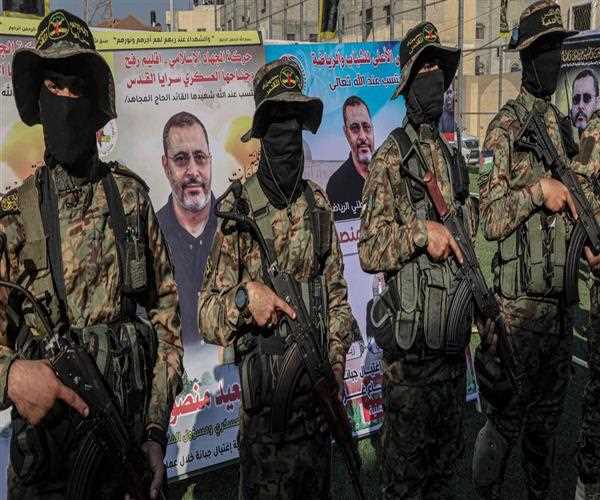Jihad is a term that has gained significant attention and generated varied interpretations in the modern world. Its complex nature stems from its historical roots, religious connotations, and political implications. Evaluating the term "Jihad" in the contemporary context requires a nuanced understanding that recognizes its diverse interpretations and manifestations.
Derived from Arabic, Jihad translates to "struggle" or "striving." In Islamic teachings, it encompasses both internal and external struggles. The internal Jihad refers to the personal struggle to maintain righteousness, resist temptations, and improve oneself. On the other hand, the external Jihad is often associated with armed struggle or self-defense to protect the faith or defend against oppression. However, it is essential to note that Islamic scholars and Muslim communities differ in their interpretations of the concept.

In the modern world, Jihad has become a contested term due to its misrepresentation and misappropriation by extremist groups. These groups often invoke Jihad to justify acts of violence, terrorism, and the pursuit of political goals. Such misinterpretations have contributed to the stigmatization of Islam and Muslims, leading to misunderstandings and biases against the religion.
It is crucial to distinguish between Jihad as a spiritual struggle and Jihad as a call for armed conflict. The majority of Muslims practice Jihad primarily as an internal struggle to cultivate personal growth and spiritual development. This interpretation emphasizes the importance of self-discipline, self-reflection, and the pursuit of righteousness.
Moreover, the Quran provides guidelines for armed conflict within the framework of self-defense and protection of religious freedom. It establishes principles of proportionality, restraint, and the avoidance of harm to non-combatants. These principles reflect the Islamic understanding that armed conflict should only be a last resort when all peaceful means of resolving conflicts have been exhausted.
To evaluate the term Jihad in the modern world, it is necessary to recognize that the actions of a few do not define the beliefs and practices of the entire Muslim population. The vast majority of Muslims condemn violence and uphold peaceful coexistence. Promoting interfaith dialogue and understanding can help bridge the gap between different cultures and foster a more inclusive and tolerant society.
Furthermore, it is essential to address the socio-political factors that contribute to the radicalization of individuals and the misuse of the term Jihad. Socioeconomic disparities, political instability, and feelings of marginalization can create fertile ground for extremist ideologies to take hold. Addressing these underlying issues through education, economic development, and social integration can help mitigate radicalization and promote a more balanced interpretation of Jihad.